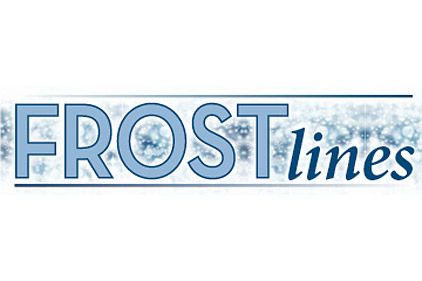But whatever the term and whatever the reason, ‘climate change’ can pack an emotional punch. Sometimes, we who cover the topic don’t see it all that closely because we don’t pay all that much attention to that aspect as we focus on energy-efficient equipment.
A few weeks ago, my wife and I saw a dramatic depiction of how climate change can resonate emotionally. We attended an event called the Beloit International Film Festival, which takes place each winter in a small town in Wisconsin right on the Illinois border. The event takes place in 15 venues ranging from libraries to coffee houses to restaurant banquet rooms and presents more than 100 full-length and short-subject films of all types and the only common theme is that none of them show up at your local multiplex theatres (which seem to only have room for blockbusters, star-driven flicks, and/or 3-D movies).
The movie in question at the film festival was called “Inuk” and was filmed entirely in Greenland with a nonprofessional cast made up of native Inuit. The story was about a 16-year-old boy in an abusive family situation in a city that caused him to be moved to a remote facility for children from broken homes. There he joins up with an older man who is a seal hunter and they embark on a dogsled journey in search of seals which are needed by the man and his people to survive.
That story alone is enough to bring out the handkerchiefs and the ending is both sad and satisfying; exactly right for everything that led up to the climax.
The climate change issue comes out in the added challenges the boy and man face as ice cap melting in Greenland makes their journey far more dangerous (the sled dogs no longer will venture onto long used routes because the ice is too thin) and seals are harder to find as glaciers recede.
What this film taught me is to be aware of the direct impact climate change is having on people now. If using tight, energy-efficient equipment can slow the impact, then so much the better.
Publication date: 03/26/2012



Report Abusive Comment